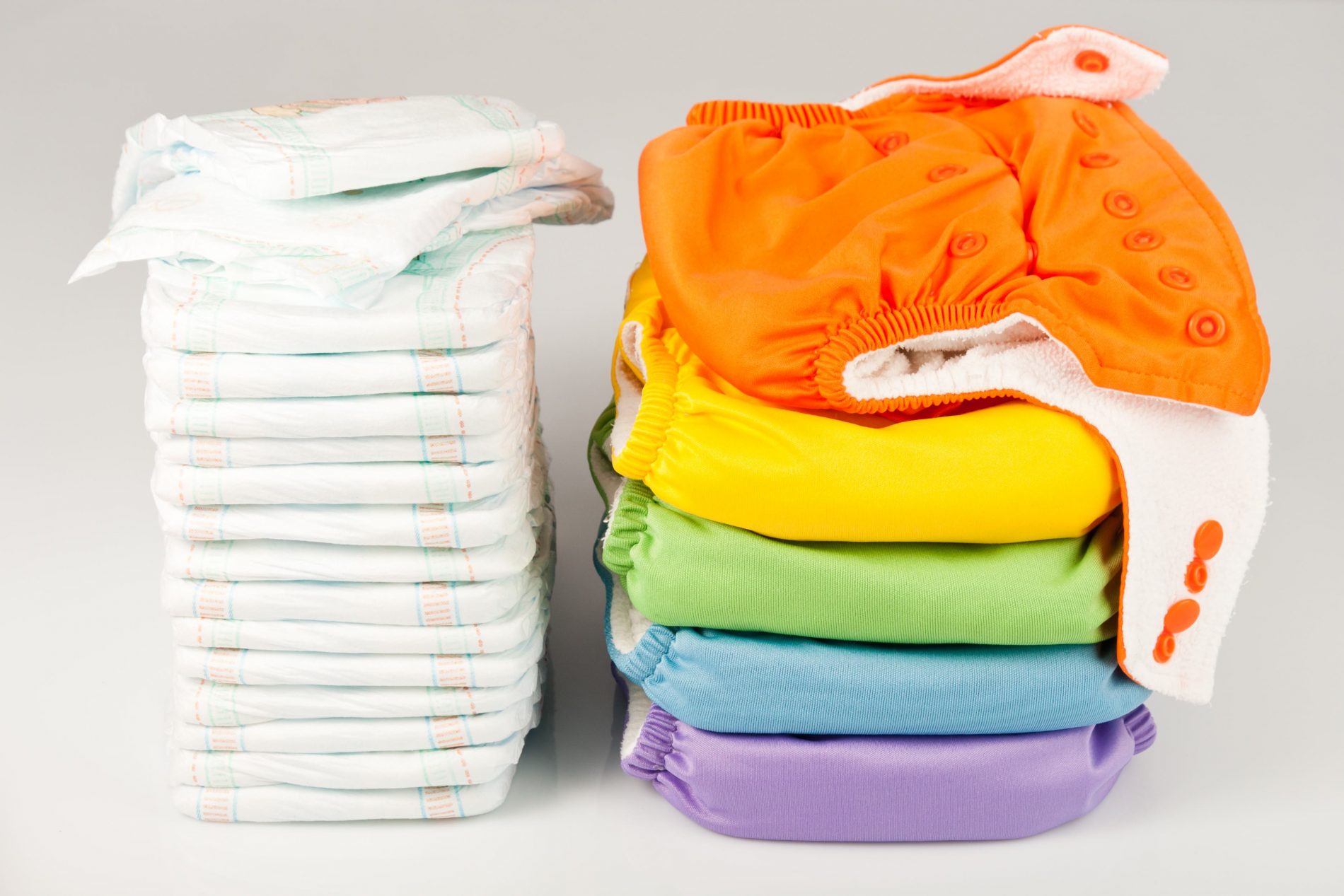We all want to live in a rich, fulfilling and abundant life. But sometimes it feels like it is far out of our reach. We can get bogged down with the daily struggle and sometimes it feels difficult to turn life around and create abundance, health, time freedom, wealth and happiness in our day to day lives. There are several tips that you can follow to create the best version of your life from no matter where you are starting from.
1. Gratitude
The most important aspect of creating an abundant, joy filled life is having an attitude of gratitude. By focusing on the most positive aspects of our lives, we are able to increase what we focus on. Find gratitude for even the most small things in our day – the gift of being able to move our limbs and walk! Or the gift of having food to eat throughout the day or the ability to be connected to everyone we could want simply at the touch of a button on the device in our hand.
If you are struggling to find something to be grateful for, just sit with your breath for a few minutes. Follow the inhalations and exhalations and have gratitude for the rich oxygen flowing into your body to nourish and fuel your cells and brain.
When you are able to focus on small pieces of gratitude, your overall abundance of gratitude grow and spills over to be your main focus during more of your day.
2. Detachment
Detachment from the outcomes that you are hoping for is an essential part of living a life that is balanced and healthy. It is the ability to not focus on how events will play out and how it will affect you, but how you can thrive every day no matter what happens. Things have a way of working themselves out, and by trying to stay neutral to outcomes, both good and bad, it helps you to stay level and not follow the highs and lows of life.
3. Attraction
Use the Law of Attraction to your benefit and use the magnetic attraction of like and like, to draw things into your life that you would like to see. Create space in your life to allow new things to come into your life, but again, stay somewhat detached by knowing that either way, life is good when you are filled with gratitude.
4. Refuel
Take time to refuel your body, mind and spirit and know that the time you spend with yourself, enjoying your own company is a worthwhile investment into your health. Enjoy hobbies that you have long forgotten about and devote a few hours per week to you own mental health and clarity, to clear the way for feelings of gratitude and to become clear on what you would like to attract into your life.
Spend time with your family and friends, those who make you feel good about the world and focus on the positive parts of your life and they are sure to multiply.
Jo-Anne Richardson has almost a decade of experience managing a chiropractic office and educating patients on how chiropractic can allow your body to express optimal health. She is a Registered Holistic Nutritionist and holds a Degree in Communications. She loves to experiment with raw vegan recipes, loves to salsa dance, travel and learn new holistic health information to share tips with everyone who visits the office.



 Dr. Ryan French is a family chiropractor practicing in Bolton, Ontario.
Dr. Ryan French is a family chiropractor practicing in Bolton, Ontario.